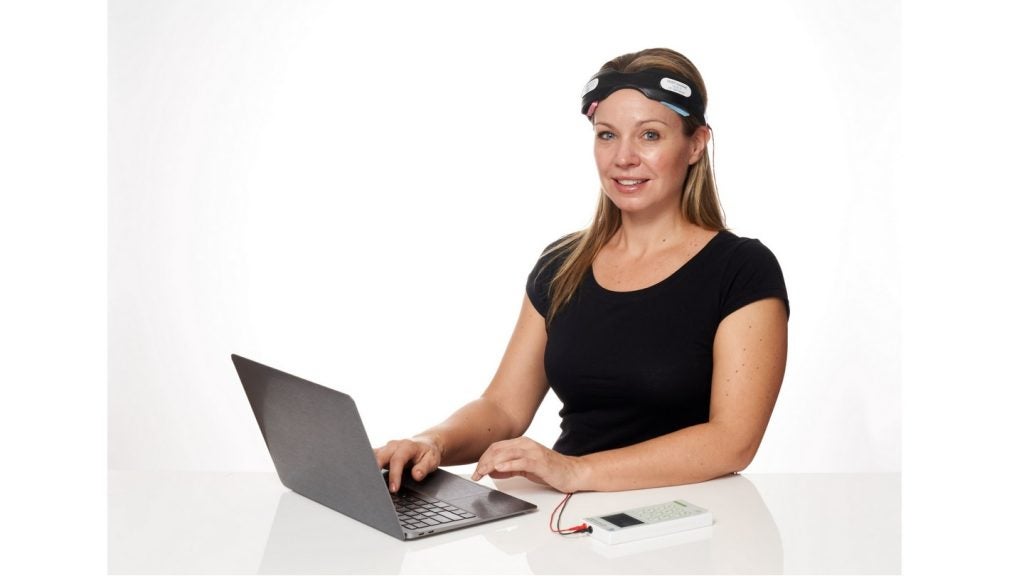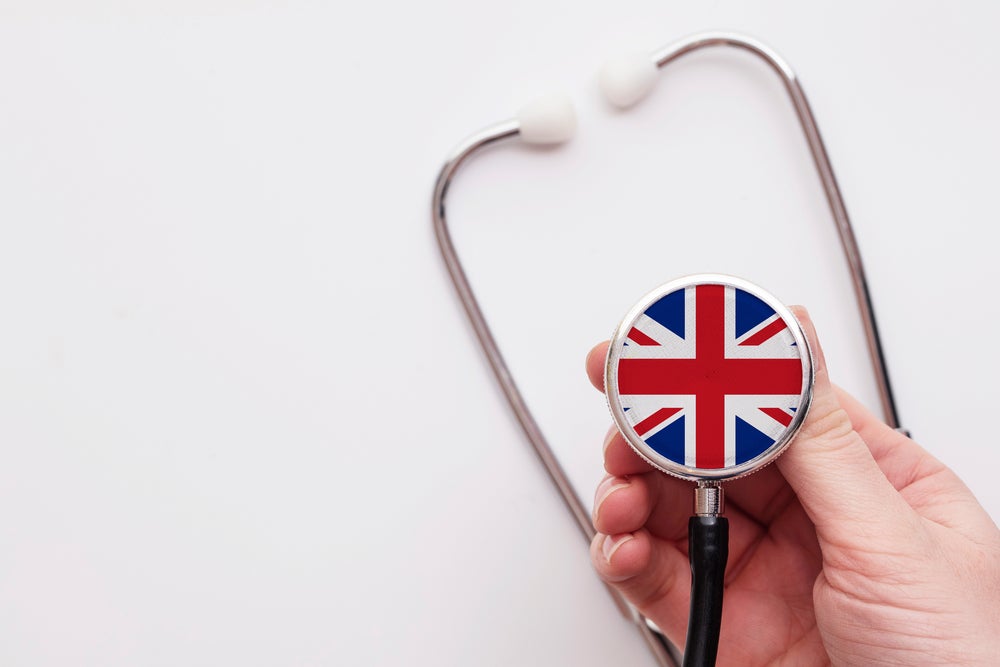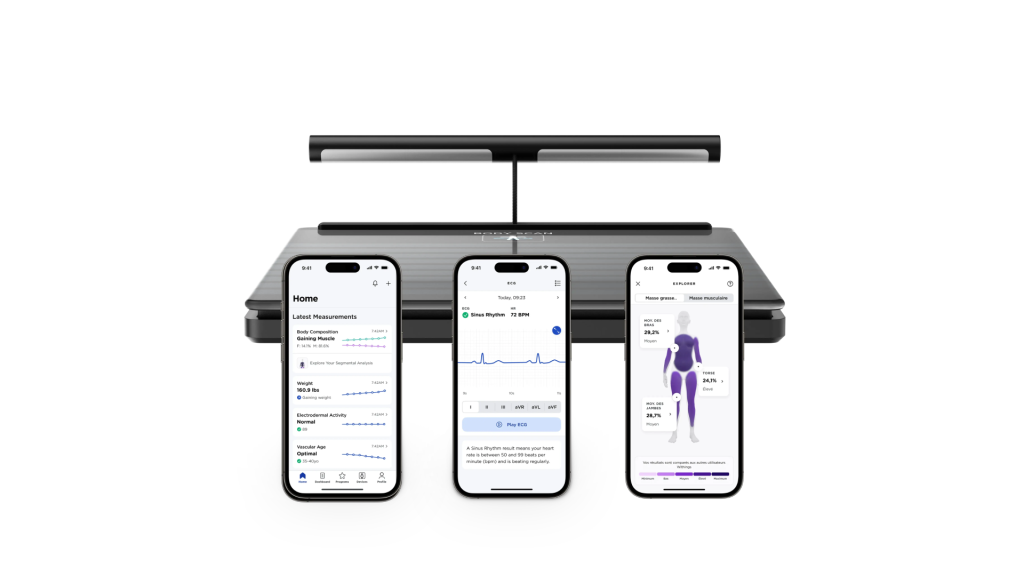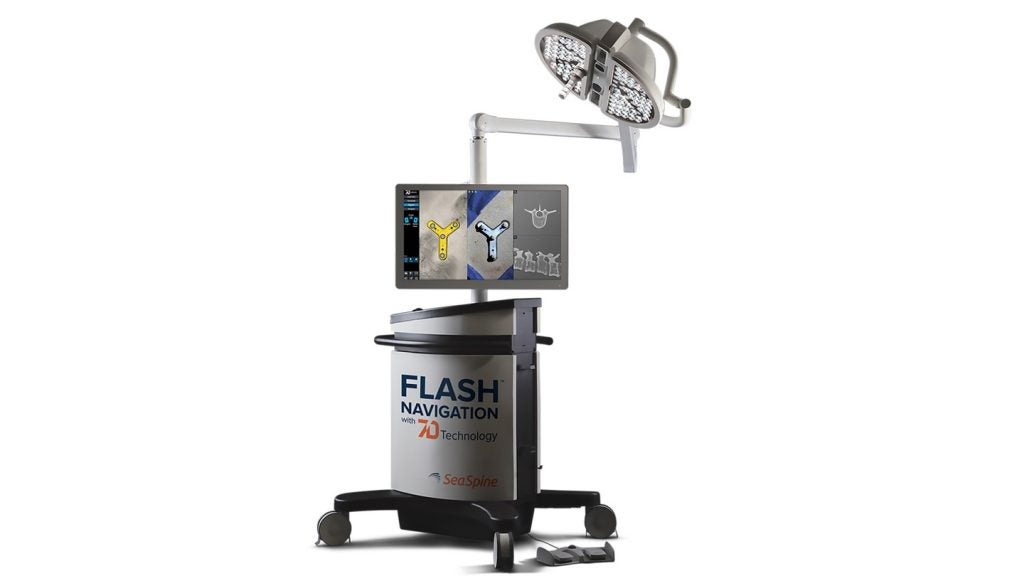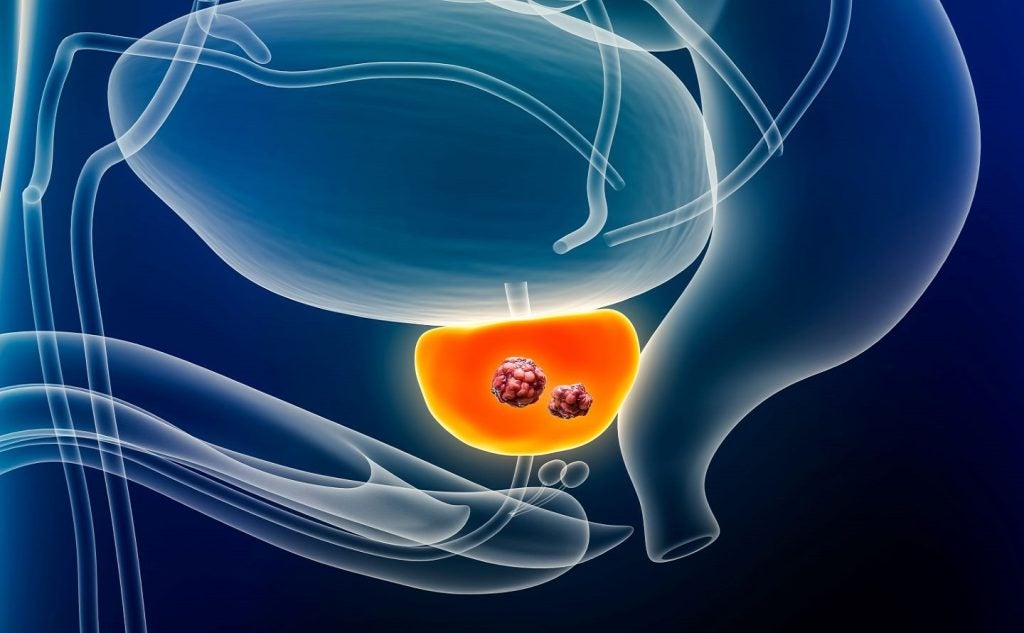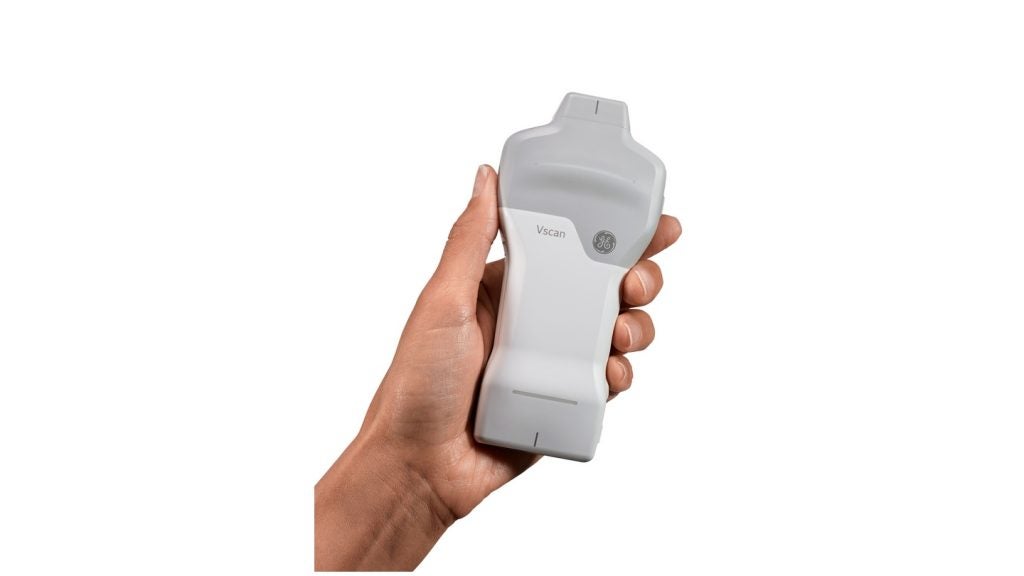Soterix Medical has announced the commencement of the Phase II RECOVER-NEURO clinical study to assess the combination of REMOTE-tDCS (transcranial direct current stimulation) and a brain training programme to treat long Covid.
RECOVER-NEURO is designed to take place through NYU Langone Health's home-based remotely supervised (RS) tDCS programme, which offers a clinical service accessible to patients all over the US.
The National Institutes of Health (NIH) spearheaded the Researching COVID to Enhance Recovery (RECOVER) Initiative, which aims to tackle the broad and varied effects of long-Covid.
The trial will study accessible interventions for cognitive dysfunction linked to long Covid, including brain fog, memory problems and difficulty with attention, thinking clearly and problem-solving.
This protocol involves several interventions that include Posit Science's digital cognitive training programme known as PASC-Cognitive Recovery.
Interventions also include Mount Sinai Health System's web-based goal management training programme and the home-based tDCS system designed by Soterix Medical specifically for RS-tDCS use.
The study aims to assess a group of up to 315 individuals.
Soterix Medical CEO Dr Abhishek Datta said: “The Soterix Medical REMOTE-tDCS platform is the most validated hardware and software system for home-based tDCS.
“REMOTE-tDCS combines unique accessories, tDCS-LTE hardware and telemedicine, which can be customised for each clinical indication.
“NIH RECOVER-NEURO develops a long COVID treatment based on digital therapy and Soterix Medical's REMOTE-tDCS platform.”


